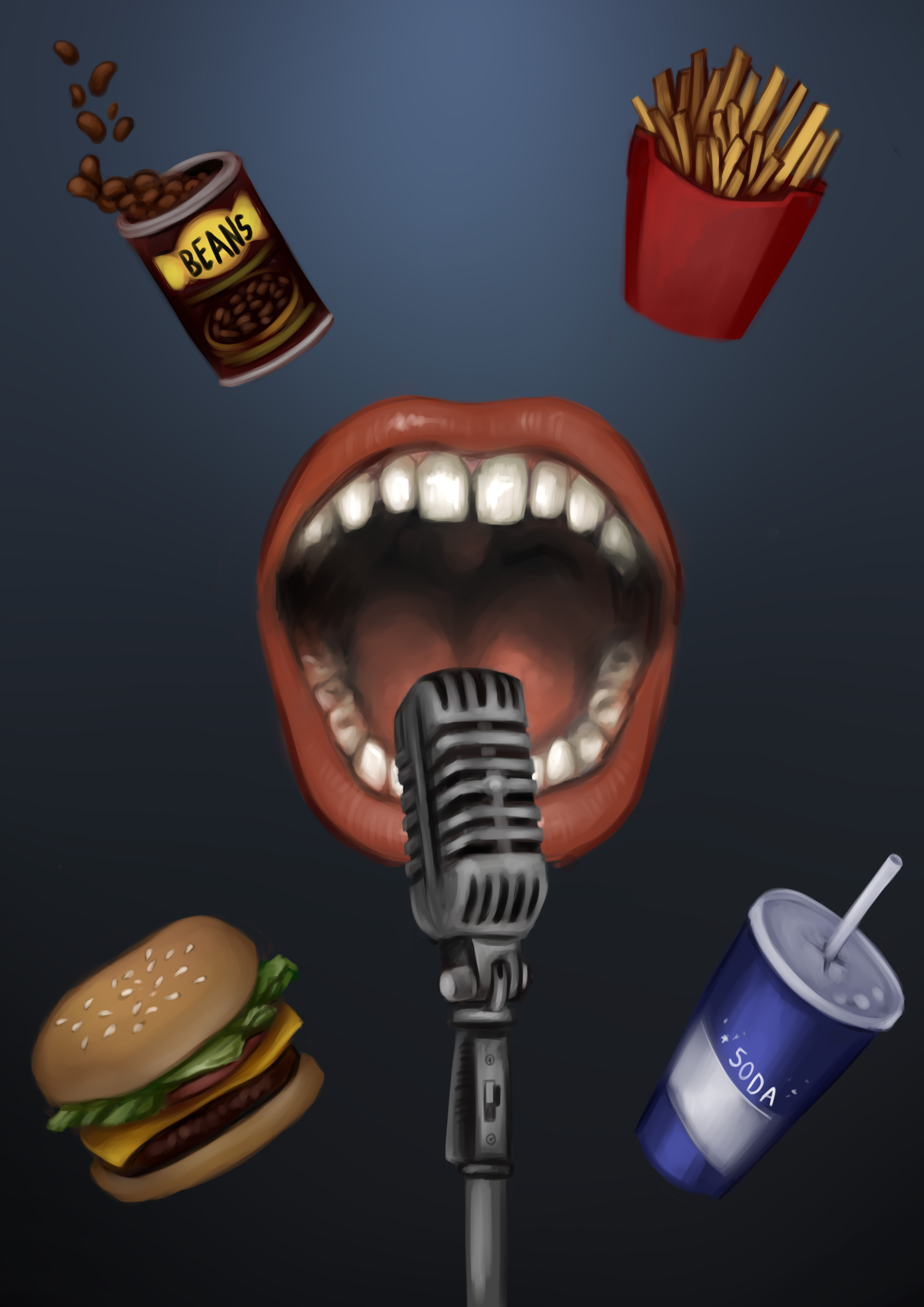New UCLA course tells stories of food insecurity through performances

(Kelly Brennan/Daily Bruin senior staff)
By Natalie Green
Sept. 16, 2016 3:35 p.m.
In 1983, Dan Froot prepared and served an entire meal in his first post-college performance, “An Attack of Loneliness,” in an attempt to form a relationship with his audience members.
“I always found a lot of synergy between the act of cooking and eating and food consumption with theater,” Froot said. “It’s a form of gathering community, it’s a form of nourishment and a form of sharing.”
This fall, the world arts and cultures/dance professor will combine his passions for combating hunger and performance in the classroom, teaching a new upper division course of his creation called “Slamming Food Insecurity.”
Using a workshop setting, students will conduct oral histories by interviewing UCLA community members living with food insecurity. The class will adapt these stories into performance pieces, culminating in a slam storytelling showcase reminiscent of the live performances and podcast put on by “The Moth.”
“It will be a co-learning experience between myself and my students,” Froot said.
[Throwback: Froot leads students in two-quarter long senior projects]
Tyler Watson, an environmental health sciences graduate student who conducts research with UCLA’s Healthy Campus Initiative, said that food insecurity at UCLA corresponds to the results of the University of California-wide “Student Food Access and Security Study” released in July.
A total of 42 percent of UC students experience food insecurity, including 19 percent that experience very low food security, which is defined as reduced or interrupted food intake, and 23 percent that experience low food security, or reduced quality of diet. The U.S. reported level of food insecurity is about 12.7 percent.
After having twins in 2000, Froot said he began to think about nourishment differently. He saw – and was directly responsible for – the correlation between consumption and growth for his own children.
“I realized I experienced an incredible privilege: My wife and I were able to nourish our children without a problem,” Froot said.
Froot began volunteering around the greater Los Angeles area to help promote food equity at shelters and organizations such as Hunger Action Los Angeles and Community Services Unlimited.
As he began interacting more with underserved communities, Froot said he realized he could use his love of storytelling to help share their experiences. For over ten years, Froot’s research has concentrated on finding the overlap between performance art and public health advocacy.
Froot first began telling the stories of those affected by food insecurity in 2008 in his live theater series, “Who’s Hungry,” which adapts the oral histories of the homeless and hungry onto the stage as interdisciplinary adult puppet theater. The work has two iterations based on the experiences of three residents in West Hollywood and Santa Monica, respectively.
Froot met Sheetal Gandhi, a 2009 graduate alumna in choreography, at UCLA, where he acted as faculty advisor for her one-woman show “Bahu-Beti-Biwi.” Gandhi then went on to collaborate with Froot on “Who’s Hungry: Santa Monica” as both a co-creator and performer on tour.
“I’m drawn to making work and talking about things that matter to me, things where I want to see some change,” Gandhi said.
Gandhi said Froot’s projects are especially fulfilling because he and his collaborators continue to stay in touch with the individuals and communities that inspire their productions.
For performances of “Who’s Hungry” in 2013, featured residents Skyped in and participated in a question and answer session with the audience, Gandhi said.
“For these families, food insecurity may come and go, but it’s the whole economic situation of where a family is living (and) the types of resources they have access to,” Gandhi said. “For me, it ends up being less about food insecurity and more just about insecurity.”
[Throwback: Sheetal Gandhi premieres original performance in Kaufman Hall]
Typically teaching dance courses out of the world arts and cultures/dance department, Froot said he’s been trying to find a way to bring his research into a classroom setting.
Froot doesn’t have a quantitive way to gauge student awareness about this topic: He is not going to test students on their attitudes toward food insecurity before and after the class, he said. However, he hopes the course will become a place of empowerment for the students and communities that participate.
“Stories well-told can create change,” Froot said. “The reason that stories and storytelling lends itself to change is because once you hear a story, you can then tell that story … and in that way cause ripples in your community.”


